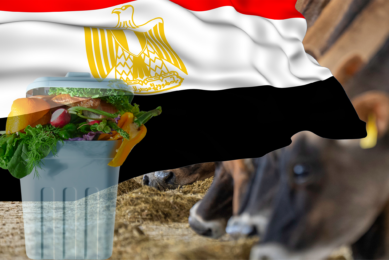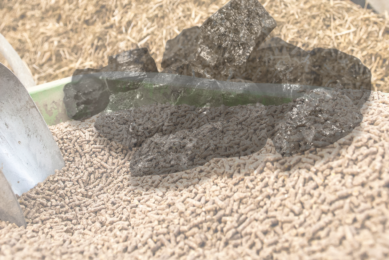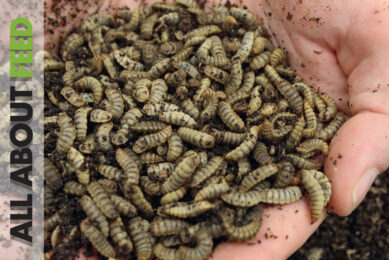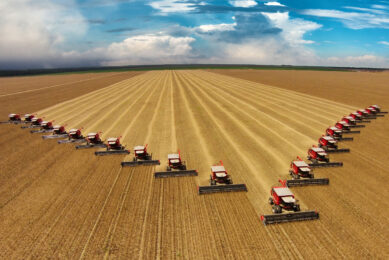A pioneering project – producing feed from greenhouse gases
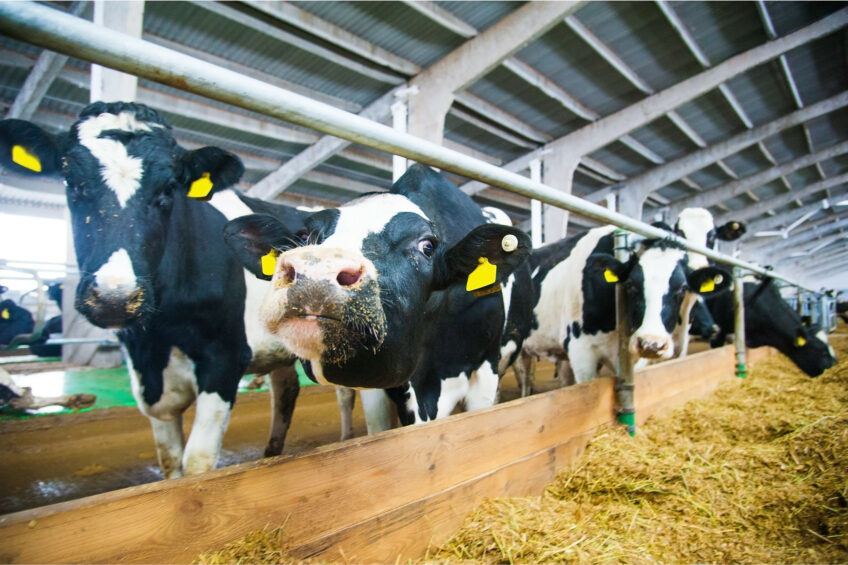
Two micro-organisms – a bacterium and an algae – can be used together to convert carbon dioxide and methane into a protein-rich biomass. The discovery has prompted the New Zealand Ministry for Primary Industries (MPIs) to support Upflow and partners to progress the research.
The funding of nearly $5 million for the 4-year project will be the first in the world to pioneer biomass feedstock production from gases and robust microorganisms that thrive in the extreme conditions found at geothermal sites.
The biomass is created when microorganisms feed off greenhouse gas emissions captured from geothermal power stations, such as those used to generate electricity in the central North Island. The biomass produced is made up of several potentially commercial valuable components, including protein for animal feed.
Research
Early-stage research looks promising. Industrial biotechnology processes were jointly developed by University of Canterbury researchers, Scion’s Biotechnology team and the Tauhara North No. 2 Trust. The technology uses a methane-eating bacterium and a carbon dioxide-eating microalgae to capture the gases and use them as a food source for growth.
The novel process generates a biomass rich in protein. It is being explored as an animal feed ingredient, use for human nutrition, or to produced high-value nutraceuticals or pigments.
Steve Penno, MPIs director of investment programmes, said it was an exciting project to support: “If successful, this could be the start of a new biomass feedstock manufacturing industry for New Zealand, worth an estimated $500 million per annum by 2045, creating new skilled jobs.
“It would reduce our reliance on imported livestock feed, and decarbonise these industries, while also reducing the cost of carbon emissions for geothermal companies that adopt the system.”
Andy Blair, Upflow director of business and innovation, added: “We’re looking to futureproof this legacy by providing a decarbonised food production option using Aotearoa’s abundant geothermal resources. We’re making animal feed from greenhouse gases.”
Path to a pilot-scale facility
Only small quantities of the biomass have been cultivated and tested so far from pure gases. The next step will see scientists support Upflow to plan and build a pilot-scale facility. This will aid the transition of fermentation conditions to real geothermal gases to generate yields at pilot scale (1,000 L).
More work will determine markets for the biomass, including agriculture, aquaculture and the potential for human nutrition. Inghams Enterprises NZ are a key industry partner in the project, bringing insight to navigate their animal feed market spaces.
Scion’s portfolio lead for Distributed and Circular Manufacturing, Marc Gaugler, said the groundwork was a collaboration through the cultivation of specific bacterial strains at Scion and algal strains at the University of Canterbury.
“With our research colleagues and Upflow, we look forward to seeing this novel technology contribute to regional economic development, create new value from waste and benefit the geothermal sector by helping it decarbonise.”
The International Renewable Energy Agency in its guidebook for policymakers, ‘Powering agri-food value chains from geothermal heat’, says the growth in renewable energy, including geothermal energy, has until now predominantly centred around the electricity sector.
In its 2022 report, it says, “there is significant potential for using geothermal energy in other end-use sectors through direct-use applications. This is particularly true for agri-food industries, where geothermal can support greater sustainability.”




